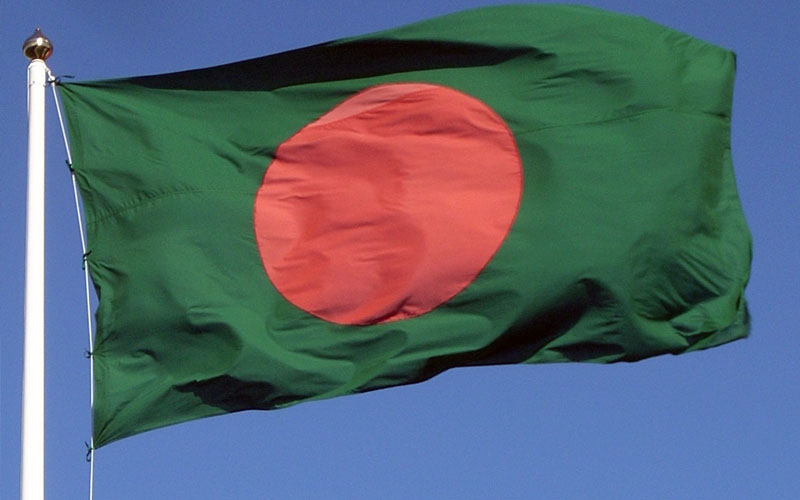Bangladesh's interim government has initiated substantial changes to the country's national symbolism, marking a departure from long-standing political traditions established by Sheikh Mujibur Rahman and continued by his daughter, Sheikh Hasina Wajid.
The transition government has taken two notable steps that challenge established political narratives. First, the Trial Division has effectively discontinued the iconic "جوئے بنگلہ" (Victory to Bengal) slogan, which has been a cornerstone of Bangladeshi nationalist rhetoric since the country's independence movement.
Simultaneously, the government has decided to remove Sheikh Mujibur Rahman's portrait from national currency notes. This move is part of a broader effort to reshape the country's political iconography following the August 5th political transformation that saw Sheikh Hasina Wajid's government removed from power.
Media reports suggest that the new currency notes will incorporate elements reflecting the recent political changes, signaling a comprehensive approach to national rebranding. The decisions indicate a strategic recalibration of national political discourse and symbolic representation.
The interim administration's actions represent a deliberate attempt to distance the nation from what they perceive as a politically charged legacy. By dismantling long-standing symbols associated with the Mujib family's political narrative, the government is sending a clear message about potential systemic reforms.
Experts and political observers are closely monitoring these changes, viewing them as potential indicators of broader political reconfiguration in Bangladesh.



























